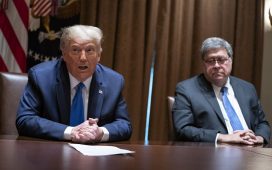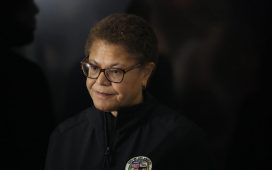Honda will face stiff competition, however. Toyota Motor Corp. and Nissan Motor Co. are also in China with Toyota planning 15 battery models by 2025 and Nissan already saying it will only sell electric and hybrid models by that date.
Tesla Inc.’s Shanghai factory, meanwhile, now produces more EVs than its one in Fremont, California. Tesla also reported record China shipments this week, delivering 56,006 cars in September for domestic purchase and export. And China’s EV sector is increasingly dominated by homegrown brands like Nio Inc. and Xpeng Inc., with European brands such as BMW AG and Volkswagen AG struggling to win over local consumers.
Still, EVs in China are on a steep growth trajectory. Figures from the nation’s Passenger Car Association showed deliveries of new-energy vehicles, which includes EVs and plug-in hybrids, soared 202 percent from a year earlier to 334,000 units last month.
“We see strong sales momentum for new-energy vehicles going forward,” PCA Secretary General Cui Dongshu said on Tuesday. McKinsey & Co. predicts the share of EVs in China will climb above 70 percent of new car sales by 2030, underscored by robust customer demand and a charging network that’s much more advanced than many Western nations.
Globally, Honda has said it wants to have EVs or fuel-cell vehicles comprise 40 percent of overall sales by 2030, 80 percent by 2035 and 100 percent by 2040.
“To achieve these targets speedily and steadily, in China, after 2030, Honda will no longer introduce any new gasoline-powered models and will electrify all new models coming to market,” it said on Wednesday.
The carmaker’s China push will also involve creating sales areas dedicated to the e:N Series at around 1,200 Honda dealerships around the country. Honda is also planning to launch e:N dealerships in major cities that will only sell the electric models.
“This strategy adds evidence to Mibe’s statement” of going all electric by 2040, Seiji Sugiura, a senior analyst at Tokyo Tokai Research Center, said. “The question is: Where does Honda’s uniqueness lie?”







